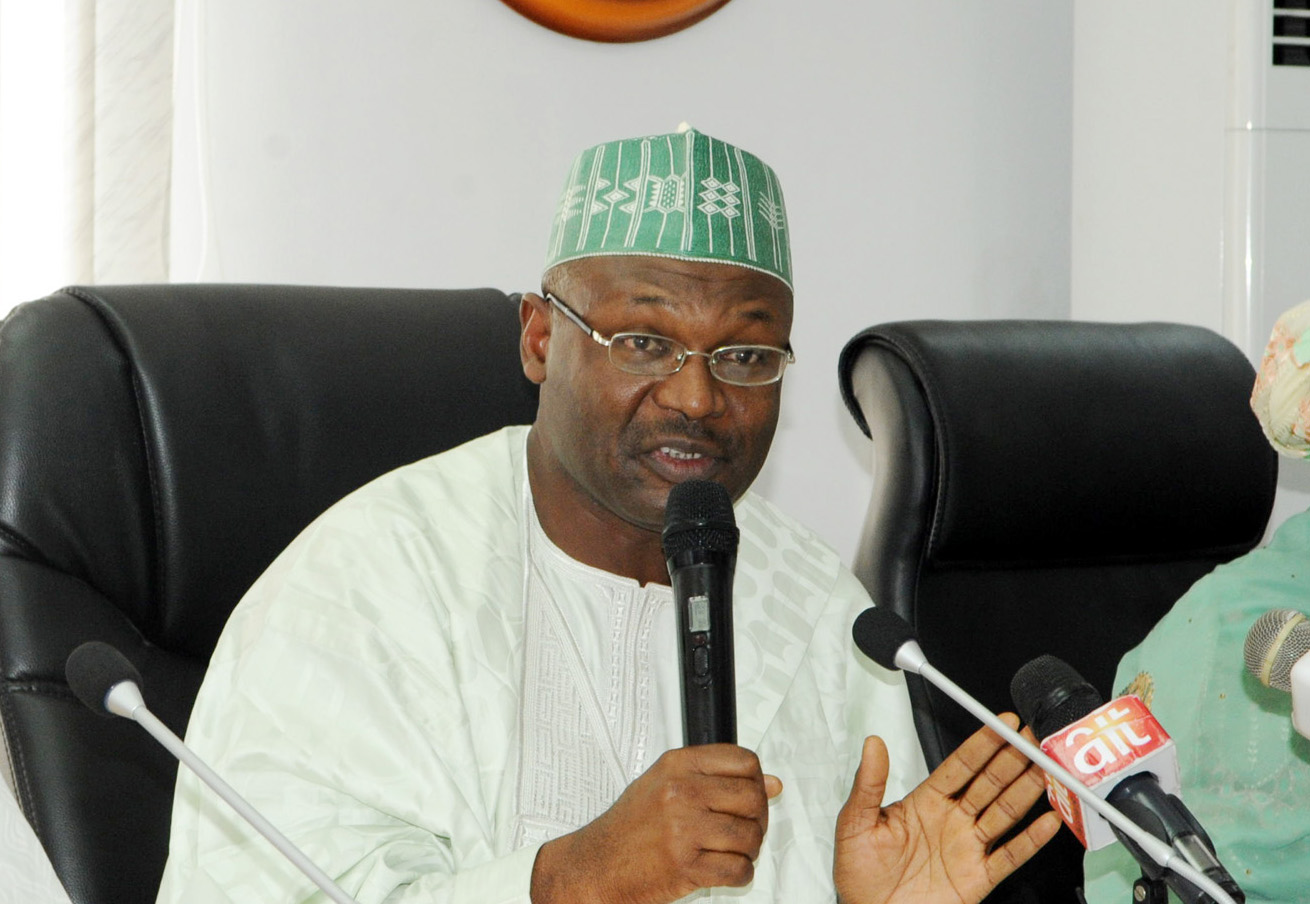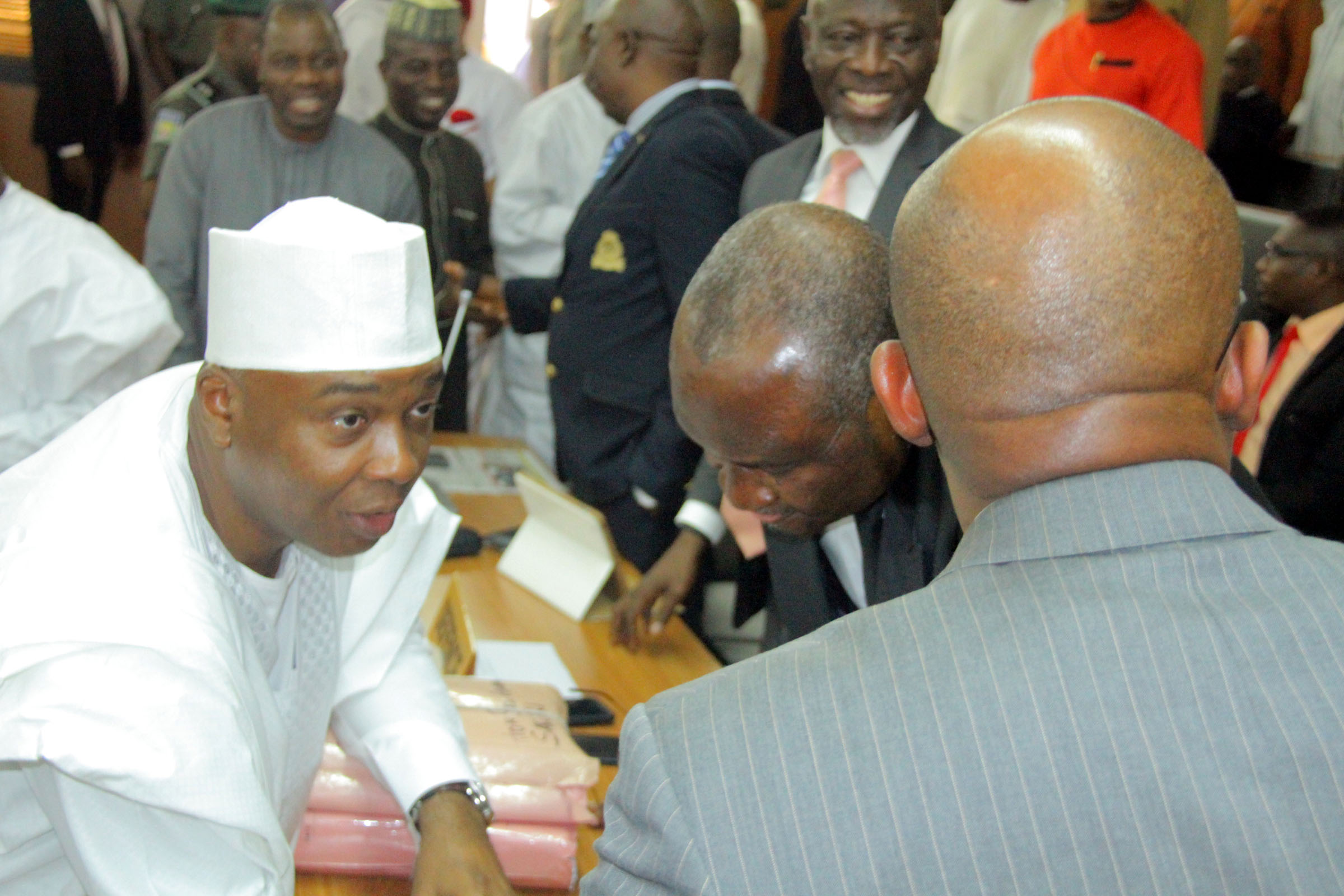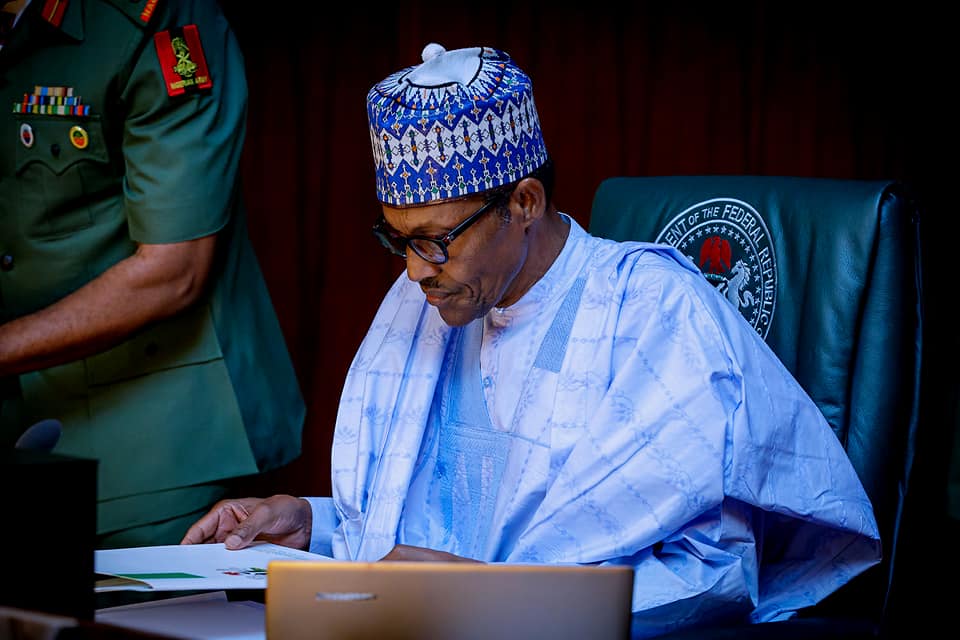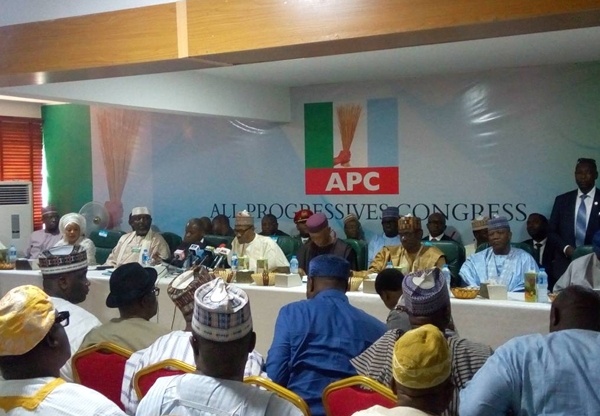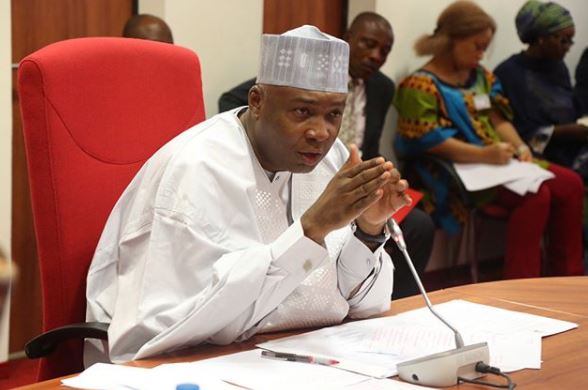Data made available by the National Bureau of Statistics on Tuesday show that the economy grew by 0.82 percent in 2017, an improvement from the -1.58 percent recorded in 2016.
This is in line with projections made by the International Monetary Fund that Nigeria’s economy will grow by 0.8 percent in 2017.
“Nigeria is expected to emerge from the 2016 recession caused by low oil prices and the disruption of oil production. Growth in 2017 is projected at 0.8% owing to recovering oil production and ongoing strength in the agricultural sector,” Maurice Obstfeld, IMF’s chief economist, said in October.
A movement beneath one percent qualifies as recession in economic terms.
Advertisement
According to the full year Gross Domestic Product report, the economy grew by 1.92 percent in the fourth quarter of 2017 as against 1.4 percent in the third quarter.
The GDP growth experienced was driven by growth in crop production, crude production and natural gas, metal ores, construction, transportation and storage, trade, electricity and gas production.
For the full year, the agricultural sector grew by 3.45 percent and the industrial sector grew by 2.19 percent as against -8.85 percent in 2016.
Advertisement
Crude production grew by 4.79 percent in 2017 as against -14.45 percent in 2016 while coal mining recorded a negative growth of -1.45 percent as against 1.0 percent in 2016.
Oil refining recorded a negative growth of -27.70 percent as against the 2.53 percent in 2016.
Electricity and gas grew by 16.43 percent for the full year as against the negative growth of -15.0 percent in 2016.
Construction, which includes cement and road construction, recorded a positive growth of 1.0 percent in 2017 as against -15.0 percent while trade recorded a negative growth of -1.05 percent, even lesser than the negative growth of -0.24 percent in 2016.
Advertisement
According to the NBS, oil production rose to 1.91 million barrels a day in the last quarter of 2017 compared with 1.76 million barrels recorded in the same period of 2016.
The recession in 2016 was largely caused by low crude oil prices and militant attacks on energy facilities in the Niger Delta.
Add a comment


